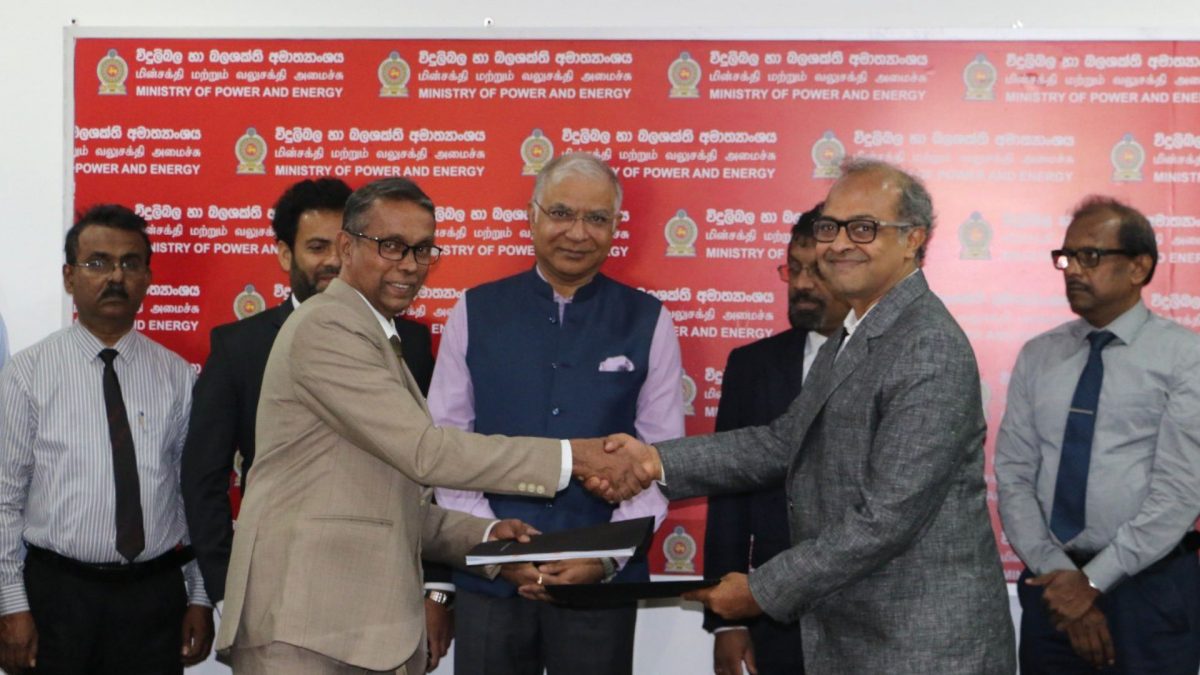The Centre has proposed amends ending the Right to Information (RTI) rules to ensure that appeals before the Central Information Commission would abate in the event the appellant would die during the pendency of such a proceeding. Ordinarily in a civil proceeding when an appellant dies, the next of kin of that person may make an application to substitute themselves and continue prosecuting the proceeding or may choose not to proceed further. But the option to continue is always available to the heirs of the deceased. In this case, the BKJP-led NDA government at the Centre seeks to taken away this right by stating that these appeals would automatically abate.
The argument of the government can be understood to a particular extent. The Right to Information, unlike most other civil rights, is a personal right/freedom that a citizen has. This right should ordinarily terminate with the life of the citizen along with proceedings that arise as a result of that right. Further, a blanket rule like this may also lead to a reducing the number of appeals that currently remain pending before the information commissions under the Act.
However, it cannot be forgotten that the Right to Information while being a personal right of a citizen does take on a public character as the information that is gained is often used for the broader public interest. Since the legislation came into force, there have been numerous people using the mechanism to reveal information relating to corruption by public officials, inefficiencies in government services and important statistics relating to national development. The Act is also an efficient mechanism for individuals to follow up on the status of their work with the government. People use it to track their applications for gas connections, find out about their power bills, insurance claims, pensions and other important things.
The appellate mechanism under the Act, is vital as it allows for an individual who is denied this information to prosecute an appeal in a cost-effective manner. This empowers many to go ahead and lodge those appeals. Abatement of a proceeding after a person’s death is a provision that is found in other laws as well. Especially the law of crime. Most criminal proceedings abate after a person’s death. Except a criminal appeal where some circumstantial stances, especially if the appellant was sentenced to death, the family members may continue to prosecute the appeal to clear their name.
Just like that there are certain circumstances that would justify an information appeal continuing in the event an appellant dies during the pendency of the proceedings, this would be in the event the appellant died under suspicious circumstances (as in the case of RTI activists who are often subject to violence), or if the information was needed for a court matter, or if the information was sought in the broader public interest, etc. These circumstances would require that the appeal should be allowed to go on irrespective of the fact whether the appellant is alive or dead.
Instead of a blanket rule on abatement, it would be better if there were criteria outlined under which appeals could continue before the Central Information Commission in an event where the appellant dies. Not all appeals need to continue before the CIC, especially those that are no longer being prosecuted by the family members. Surely, appeals that deal with questions of public importance or where the appellant has died under suspicious circumstances and the family members want to carry on the appeal deserve to be allowed to go on. The right to information is a bulwark in the fight for the transparent functioning of the government. The dilution of the legislation in any manner must be avoided.


)




)
)
)
)
)
)
)
)